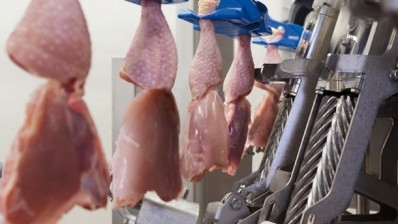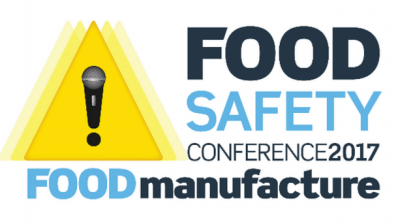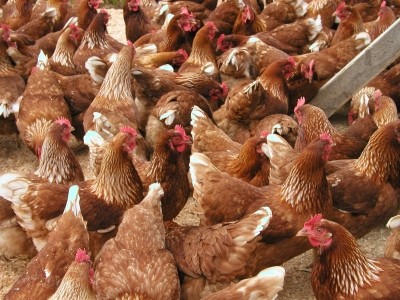Food safety conference
Campylobacter tests need to be consistent

The Food Standards Agency (FSA) should ensure that it independently verifies the data it collects and set out a “criteria that all businesses must follow behind the scenes, to ensure consistency”, said Elizabeth Andoh-Kesson, food policy advisor at the British Retail Consortium (BRC).
Andoh-Kesson was speaking at the Food Manufacture Group’s food safety conference – Boosting consumer confidence in times of change – held last month in London, and sponsored by Appetite Learning, Glass Technology Services, Sealed Air, Testo and the University of Greenwich.
The FSA last published data on campylobacter levels, covering the first three months of 2016, in May, before halting the process to reassess its methodology.
It had already stopped breaking the figures down by retailer after concerns they had ceased to be a fair comparison.
Unfairly compared
Whole birds that had their neck skin trimmed, the area with the highest contamination levels, were being unfairly compared against those without.
The FSA is also believed to be looking to pass on the cost burden of the survey procedure to retailers, as its own budget becomes increasingly squeezed.
“People can say what they like about the survey, but it is an independent survey, and it is coming from a food safety regulator,” Andoh-Kesson said.
“However, I think the constraints within the FSA mean they don’t feel that they can continue to take the survey on [without the help of retailers providing their own data].
“Therefore, in terms of our discussion about agreeing to provide data, one of the areas we’ve highlighted is that there needs to be consistency,” she added. “Talks are ongoing and there hasn’t been any formal agreement yet.”
‘There needs to be consistency’
Comparing data from different laboratories was one specific area that the FSA had been challenged on, Andoh-Kesson said.
“It’s come up time and time again that some labs can trace campylobacter levels better than others. It means that if you want to post a good set of figures, you can choose one lab over another.
“Therefore, the introduction of a good proficiency scheme is key to making sure that data is consistent.”
Andoh-Kesson also highlighted how Brexit could open up the potential use of antimicrobial treatments as a way of combating campylobacter.
“At the moment, EU law prevents us from using antimicrobial treatments on poultry carcasses, but is it something that we can use in the future, particularly with some of the trade agreements we might be making?” she said.















